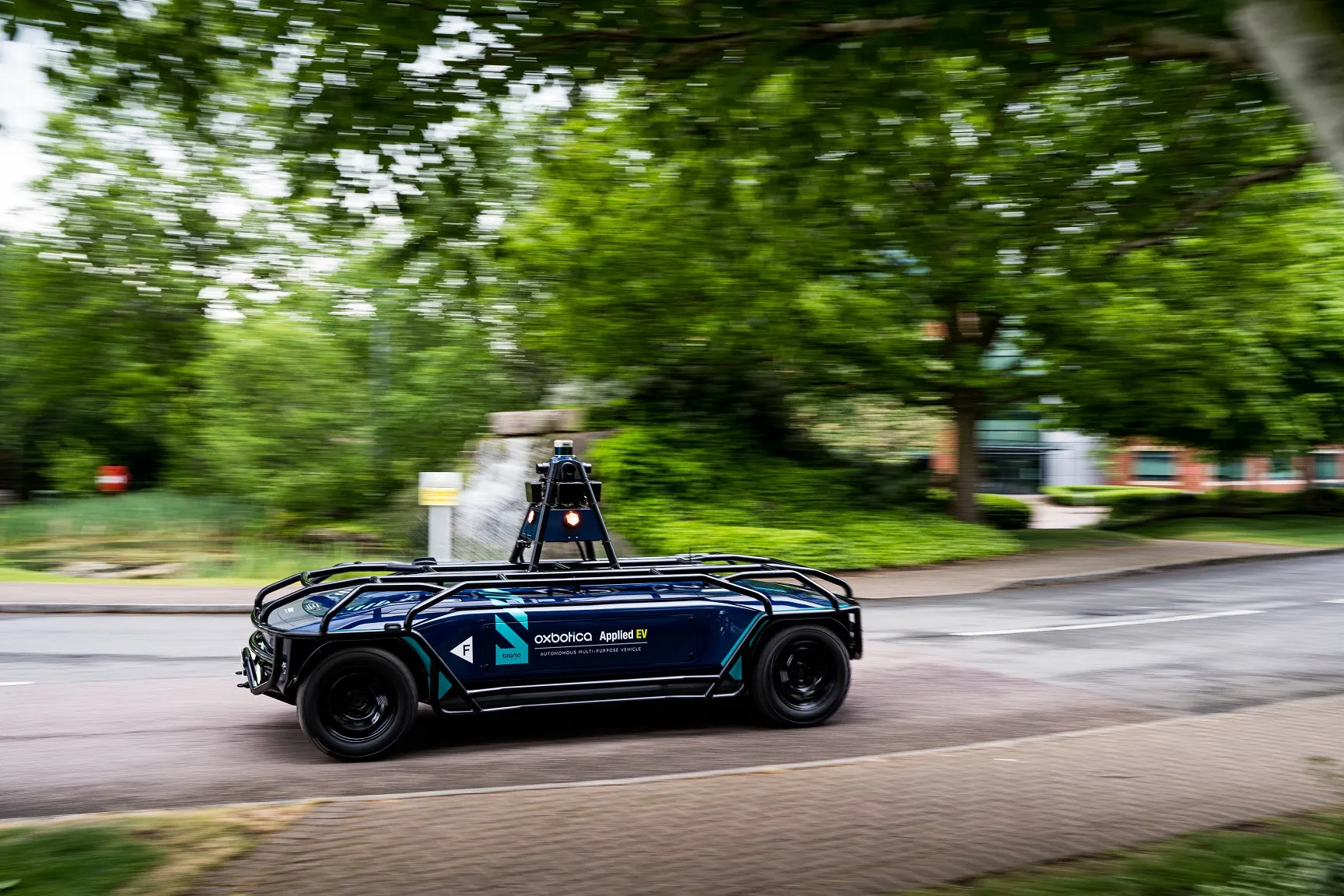South Australian Transport and Infrastructure Minister, Stephen Mullighan MP, has shown his support for the UK’s driverless initiatives during a visit to the Transport Research Laboratory’s (TRL’s) UK Smart Mobility Living Lab @ Greenwich.
The visit was arranged to enable the South Australian Minister to learn more about UK innovations in connected and automated vehicles (CAVs). The Minister was given presentations on several UK CAV projects, including GATEway, MOVE_UK and Atlas, followed by a live demon
August 19, 2016
Read time: 2 mins
South Australian Transport and Infrastructure Minister, Stephen Mullighan MP, has shown his support for the UK’s driverless initiatives during a visit to the Transport Research Laboratory’s (491 TRL’s) UK Smart Mobility Living Lab @ Greenwich.
The visit was arranged to enable the South Australian Minister to learn more about UK innovations in connected and automated vehicles (CAVs). The Minister was given presentations on several UK CAV projects, including GATEway, MOVE_UK and Atlas, followed by a live demonstration of8307 Oxbotica’s Selenium autonomy software.
Mullighan and his delegation watched as the software, which will be used in the GATEway vehicle trials in Greenwich starting later this year, navigated a purpose-built concept vehicle around the Greenwich Peninsula. They were also given a chance to ride on the vehicle, which successfully completed 100 km of autonomous driving in Greenwich.
Like the United Kingdom, South Australia is looking to take a lead in connected and autonomous technology and become a test bed for companies looking to enter the Australian market. Earlier in 2016, it became the first Australian State to pass legislation to allow on-road testing of driverless cars and is now looking towards the UK and initiatives like the UK Smart Mobility Living Lab as an example of best practice.
TRL is already working to improve global collaboration on connected and automated research projects and is a member of the Australian Driverless Vehicle Initiative (ADVI).
The visit was arranged to enable the South Australian Minister to learn more about UK innovations in connected and automated vehicles (CAVs). The Minister was given presentations on several UK CAV projects, including GATEway, MOVE_UK and Atlas, followed by a live demonstration of
Mullighan and his delegation watched as the software, which will be used in the GATEway vehicle trials in Greenwich starting later this year, navigated a purpose-built concept vehicle around the Greenwich Peninsula. They were also given a chance to ride on the vehicle, which successfully completed 100 km of autonomous driving in Greenwich.
Like the United Kingdom, South Australia is looking to take a lead in connected and autonomous technology and become a test bed for companies looking to enter the Australian market. Earlier in 2016, it became the first Australian State to pass legislation to allow on-road testing of driverless cars and is now looking towards the UK and initiatives like the UK Smart Mobility Living Lab as an example of best practice.
TRL is already working to improve global collaboration on connected and automated research projects and is a member of the Australian Driverless Vehicle Initiative (ADVI).











